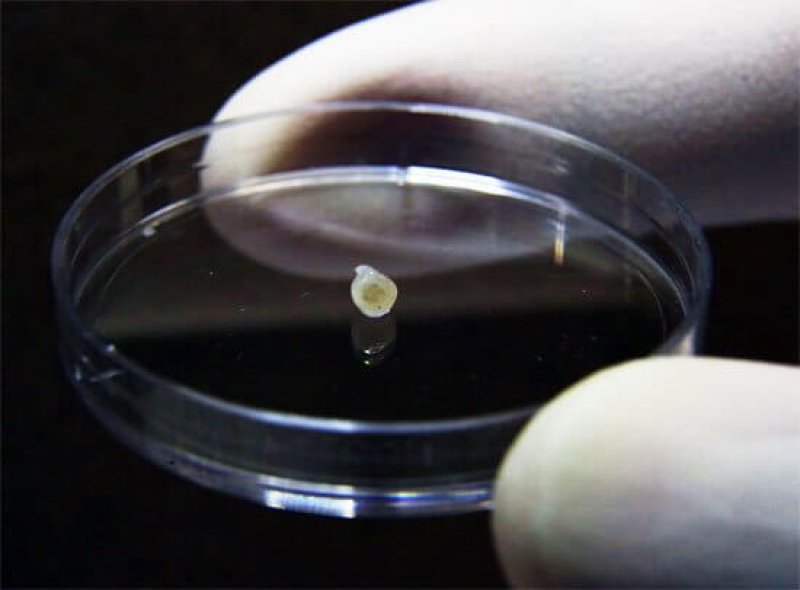‘Mini brains’ grown in a dish have spontaneously produced human-like brain waves for the first time — and the electrical patterns look similar to those seen in premature babies.
The advancement could help scientists to study early brain development. Research in this area has been slow, partly because it is difficult to obtain fetal-tissue samples for analysis and nearly impossible to examine a fetus in utero. Many researchers are excited about the promise of these ‘organoids’, which, when grown as 3D cultures, can develop some of the complex structures seen in brains. But the technology also raises questions about the ethics of creating miniature organs that could develop consciousness.
…
“This is very intriguing and very amazing,” says Hongjun Song, a developmental neuroscientist at the University of Pennsylvania in Philadelphia. Although the work is preliminary, he adds, the similarities to preterm infant EEG patterns suggest that the organoids could eventually be useful for studying brain-development disorders, such as epilepsy or autism.
…
Nevertheless, the project raises ethical questions about whether organoids could develop consciousness, says neuroscientist Christof Koch.
…
[Researcher Alysson] Muotri says that he would consider halting the project if there were evidence that the organoids had become self-aware, but right now they are very primitive. “It’s a very grey zone in this stage, and I don’t think anyone has a clear view of the potential of this.”Read full, original post: Lab-grown ‘mini brains’ produce electrical patterns that resemble those of premature babies































